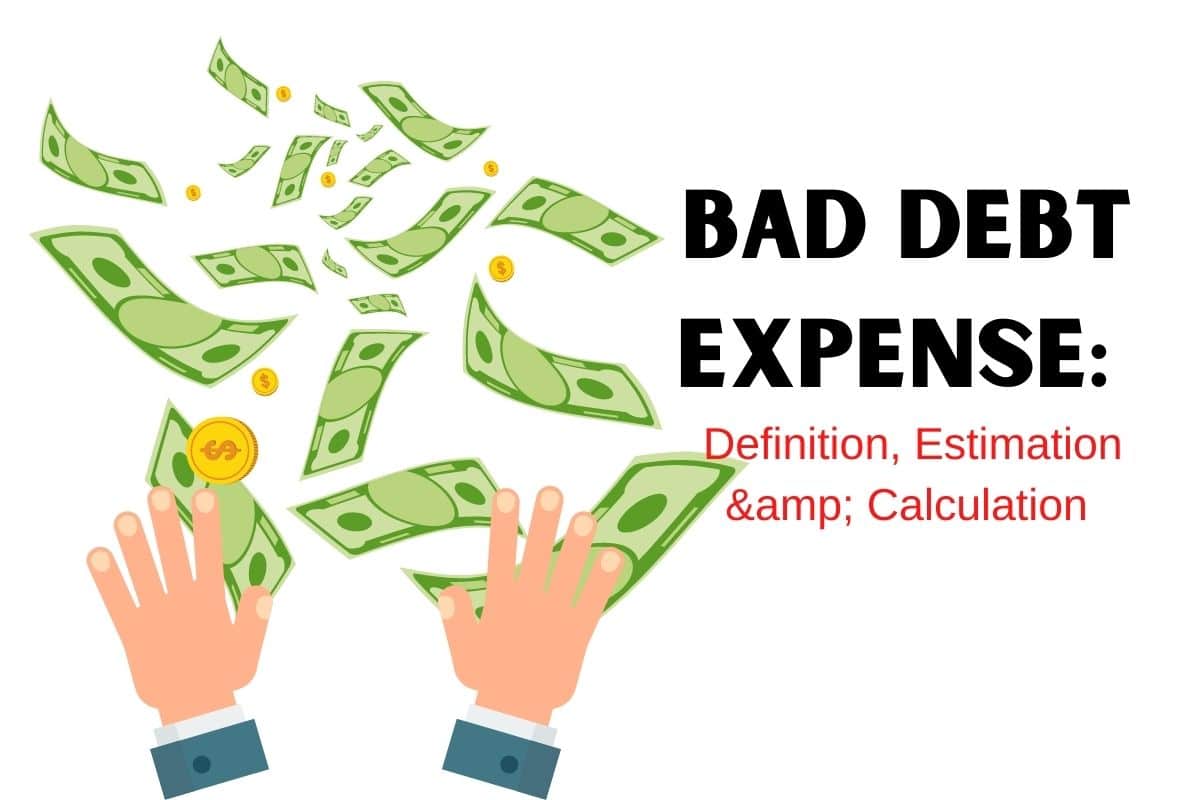As we navigate through life, financial stability is an essential component of our well-being. However, some people may use financial means to control and manipulate others, leading to what is known as “financial abuse.” Financial abuse can manifest in 4 ways, and it’s essential to recognize the signs to avoid becoming a victim. There is financial abuse in marriage and among the elderly. If you have experienced financial abuse, it’s crucial to take steps to recover from it. In this article, we will discuss how to recognize financial abuse and provide tips on how to recover from it.
What is Financial Abuse?
The act of controlling and manipulating someone’s finances is known as “financial abuse.” It can take many different types. Financial abuse can occur in a variety of partnerships, including marriage. The elderly are also vulnerable to financial abuse. To prevent financial abuse, it is critical to know the warning signs.
There are a number of factors to consider when attempting to define financial abuse. It’s true that the following are frequently linked to or involved in cases of financial manipulation: Theft is the unlawful stealing of another person’s property with the intent to use it for one’s own benefit while causing the victim emotional distress or financial hardship. Limiting someone’s ability to spend or access their own funds This type of manipulation is frequently linked to others. doesn’t necessarily include dishonesty of some sort.
What Are 3 Types of Financial Abuse?
There are several types of financial abuse:
#1. Economic Exploitation
This occurs when someone takes advantage of another’s financial resources for personal gain. For example, a caregiver uses their patient’s money to make unauthorized purchases.
#2. Financial Manipulation
This involves exerting control over someone’s finances, often through coercive or deceptive means. An example is when a partner restricts access to joint funds.
#3. Financial Sabotage
This involves intentionally damaging someone’s financial status, such as by running up debt in their name or withholding financial support.
What Are the Four Signs of Financial Abuse?
Four signs of financial abuse are:
- Unexplained activity or withdrawals from bank accounts or credit cards.
- A lack of control over financial decisions or limited access to financial information.
- Forced changes to legal documents, such as a will or power of attorney.
- Unexpected or unexplained changes in financial situations or assets.
What Are the Signs of Financial Abuse in Adults?
The signs of financial abuse in adults may include:
- Sudden changes in their financial situation.
- Unexplained withdrawals from bank accounts or the disappearance of assets.
- Unpaid bills despite having enough funds to cover them.
- Being coerced into signing financial documents or changing beneficiaries.
- A lack of control over their finances or limited access to financial information.
- Fear or anxiety around discussing financial matters.
- Inability to make financial decisions or participate in financial transactions without permission.
- Isolation from friends and family who may help with financial decisions or offer support.
What Is Narcissistic Financial Abuse?
When a person with narcissistic traits uses money to dominate others, this is referred to as narcissistic financial abuse.” This behavior can present itself in a variety of ways, such as using money to control others or developing financial dependencies. Financial control may be used by the abuser to maintain power and dominance over their victim. Financial narcissistic manipulation can have long-term consequences for a victim’s financial, emotional, and mental health.
What Is Financial Gaslighting?
Financial gaslighting is a form of emotional manipulation in which an abuser manipulates financial information to control their victim. This can include denying or downplaying financial manipulation, concealing financial information, or using financial means to discredit the victim’s perspective. The abuser may also use financial gaslighting to make the victim question their own memory or sanity. Ultimately, financial gaslighting can lead to financial instability and a loss of control over one’s finances.
How Is Financial Abuse Proven?
Financial abuse can be difficult to prove, but there are actions you can do. Collect proof such as financial records, emails, and text messages. Any incidents of financial manipulation should be documented and reported to the appropriate authorities. Seek legal counsel from an attorney who has handled financial manipulation cases in the past. To prevent additional abuse, consider obtaining a restraining or protection order. Finally, seek help from family, friends, or a therapist to recover from abuse.
What Are 2 Warning Signs of Financial Abuse?
Two warning signs of financial manipulation are:
- A partner who controls all financial decisions and denies access to accounts or financial information.
- Sudden changes in a loved one’s financial situation, such as unpaid bills or unexplained withdrawals.
How Do You Know If You Are Being Financially Manipulated?
Financial manipulation can be subtle and difficult to detect, but understanding the warning signals is critical in order to protect yourself from harm. Here are some indicators that you are being financially manipulated:
You have the impression that you have no control over your finances. Financial manipulators frequently employ strategies such as withholding financial information or resources, putting you under pressure to make particular decisions, or making you feel guilty or ashamed about your financial condition. If you feel out of control of your finances, this could be an indication of manipulation.
You are being compelled to make financial judgments that benefit others. Financial swindlers may attempt to persuade you to take out loans, open credit cards, or make other financial actions that benefit them rather than you. They may also try to persuade you to make gifts or change your will in order to benefit them.
You are being abused financially in other aspects of your life. Financial manipulation is frequently combined with other forms of manipulation, such as emotional, physical, or sexual manipulation. If you are being abused in other aspects of your life, it is probable that you are also being manipulated financially.
If you feel that you are being financially exploited, you should get assistance from a reputable source, such as a financial advisor, counselor, or attorney. They may assist you in recognizing the indications of financial manipulation, developing a plan to protect your finances, and providing support while you fight to recover control of your financial circumstances. Remember that you are not alone and that there is assistance accessible to you.
4 Types of Financial Abuse
There are 4 main types of financial abuse:
#1. Exploitation
This involves taking advantage of someone’s financial resources for personal gain. This can include stealing money or property, using someone’s credit or debit cards without permission, or coercing someone into signing over assets.
#2. Deprivation
This involves denying someone access to their own financial resources, such as withholding money for basic needs like food or medical care.
#3. Fraud
This involves using deception or false information to gain access to someone’s financial resources, such as creating fake investments or accounts or scamming someone out of money.
#4. Undue influence
This involves using a position of power or trusts to manipulate someone into making financial decisions that benefit the abuser, often at the expense of the victim’s own financial well-being. This can include pressuring someone into making gifts or changing their will.
Financial Abuse in Marriage
Financial abuse in marriage is a form of domestic abuse that involves one partner exerting control over the couple’s finances. This type of abuse can take many forms, including denying access to financial information, limiting the other partner’s ability to make financial decisions, and using finances to maintain power and control over the victim. Financial abuse in marriage can have serious and long-lasting effects on the victim’s financial stability and overall well-being.
In many cases, financial abuse in marriage is accompanied by other forms of domestic abuse, such as emotional or physical abuse. Victims of financial abuse in marriage may feel isolated, powerless, and afraid to leave the relationship. It’s essential for victims to seek help and support from trusted sources, such as family members, friends, or a domestic abuse hotline. By taking steps to regain control over their finances and seek help, victims can also break free from the cycle of economic abuse and reclaim their independence.
Financial Abuse of the Elderly
Financial abuse of the elderly is a growing problem that affects millions of seniors each year. This sort of abuse involves the exploitation of an elderly person’s financial resources, which is commonly done by family members, carers, or other trusted individuals. Theft, fraud, forgeries, and undue influence are all examples of abuse. Because of their greater reliance on others and probable cognitive impairment, the elderly are especially vulnerable to financial abuse.
Financial abuse of the elderly can have disastrous consequences for the victim’s financial stability, emotional well-being, and also the general quality of life. Victims of financial exploitation may also lose their life savings or be forced to live in poverty. They may also feel shame, guilt, and fear of vengeance, all of which can keep them from seeking help. It is critical that older people and their loved ones recognize the warning signs of the abuse and take steps to prevent and report it.
How to Recover From Financial Abuse
Recovering from financial abuse can be a lengthy and tough process, but it is critical to take the necessary actions to reclaim control over your finances and your life. Here are some suggestions on how to recover from financial abuse
- Seek advice from trustworthy people, such as family members, friends, or a financial counselor. You might also think about seeing a counselor or therapist to work through the emotional effects of the abuse.
- Take stock of your finances, including all assets, obligations, and spending. This will, however, assist you in developing a budget and financial plan to get back on track.
- Change your passwords, monitor your accounts for unusual activity, and also place fraud warnings on your credit reports to protect your financial information.
- Consider debt consolidation, creating new accounts, or getting legal counsel to recoup stolen funds.
- Be kind to yourself and the healing process. It may take some time to fully recover from financial abuse, but with patience and assistance, you may regain control of your financial destiny.
FAQs
How can a person commit financial abuse?
Financial manipulation can be committed through exploiting, depriving, defrauding, or exerting undue control over another’s financial resources.
What is evidence of financial abuse?
An attorney’s proof will include eyewitness testimony, affidavits, and copies of emails, messages, and communications that pertain to a victim’s ability to manage money or prove domination of money by the abuser.
How do we put an end to financial abuse?
Recognizing the indications of financial manipulation, seeking support from reputable sources, and also taking legal or financial action to protect oneself and avoid additional manipulation stopping it.
Related Articles
- HARASSMENT: Definition, Harassment at Work Place & Examples
- SERVICE RECOVERY: Ultimate Guide to Service Recovery
- VERBAL HARASSMENT: Meaning, Example, Workplace & Law
- PROGRESSIVE DISCIPLINE: 7 Steps Of Progressive Discipline
- CONSERVATORSHIP: How to Get Conservatorship






